Mangroves: A Filter for Heavy Metals
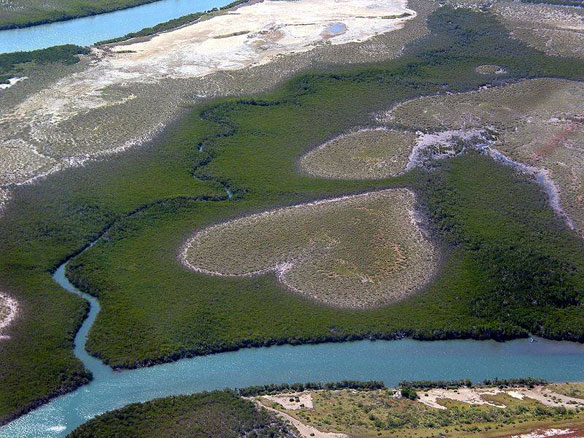
A mangrove is a forest consisting of various species of mangrove trees growing with their bases submerged in water, at the interface between land and sea. They cover more than three quarters of tropical coastlines, that is to say almost 200,000km². In New Caledonia, they accounts for almost 80% of the island’s western coastline.
Why the 2012 Sumatra Earthquake Was a Weird One
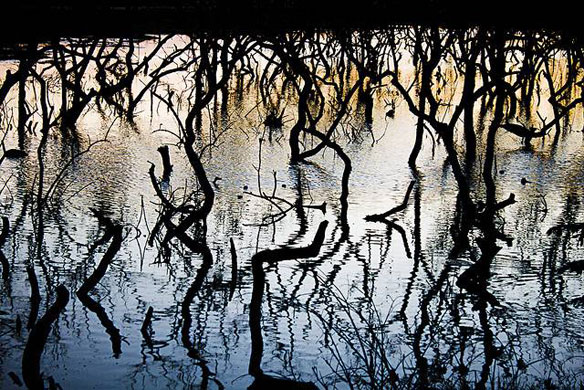
Already a curiosity for its sheer size, the 8.6-magnitude earthquake that shook the seafloor west of the Indonesian island of Sumatra on April 11 appears to have been even weirder than scientists thought.
Top Marine Scientists Warn Reefs In Rapid Decline
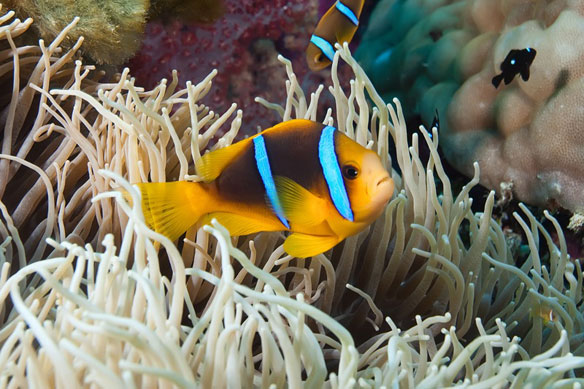
More than 2,600 of the world’s top marine scientists warned coral reefs around the world were in rapid decline and urged immediate global action on climate change to save what remains.
Twenty Beaches Affected by Extreme Coastal Erosion, Java
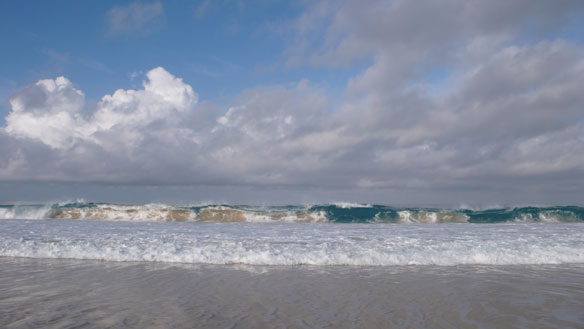
Lack of mangrove plantations at the southern coast of Malang district, East Java, has caused severe abrasion of shorelines along at least 20 beaches in the region, according to officials.
Mexico Axes Baja Resort Over Environmental Fears
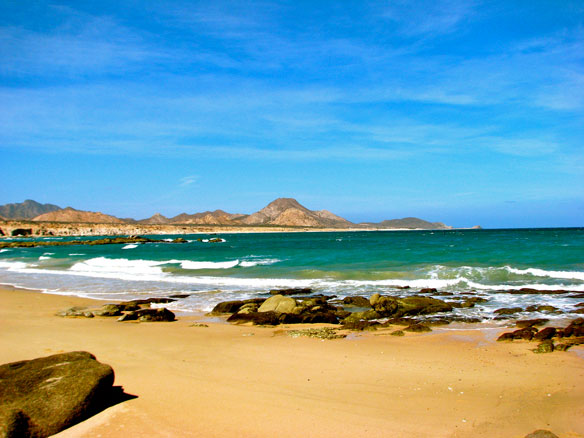
Mexican President Felipe Calderon says he is cancelling the construction of a huge tourist resort in Baja California over concerns it could damage the nearby marine reserve, Cabo Pulmo National Marine Park, which is described as the world’s healthiest marine reserve…
Eco-Art Coastal Reclamation Project
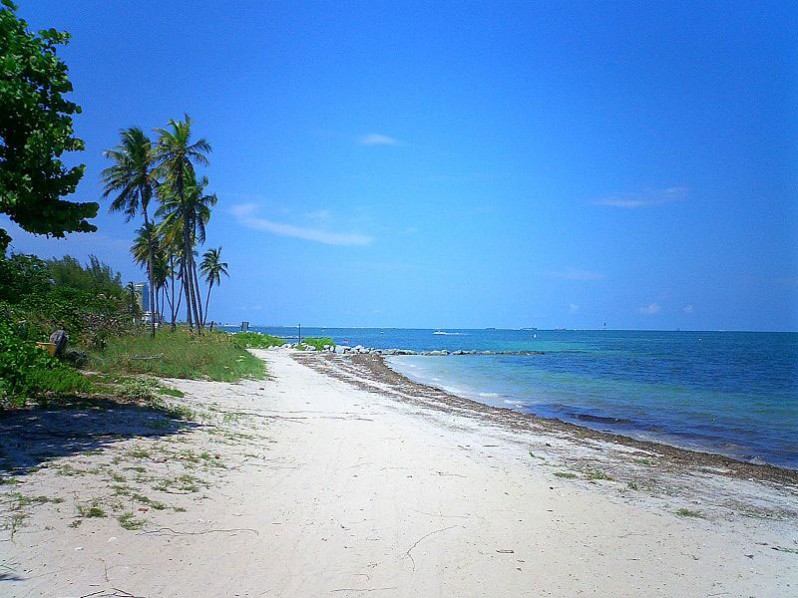
Volunteers planted mangrove seedlings on Virginia Key, getting down and dirty for an ‘eco-art’ project that aims to raise environmental awareness.
Fishermen Blast Premier Dive Sites off Indonesia
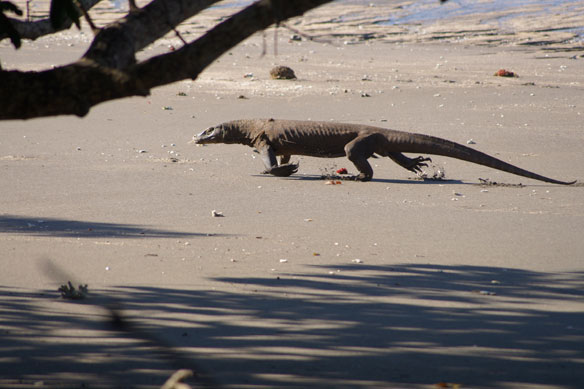
Coral gardens that were among Asia’s most spectacular, teeming with colorful sea life just a few months ago, have been transformed into desolate gray moonscapes by illegal fishermen who use explosives or cyanide to kill or stun their prey.The site is among several to have been hit inside Komodo National Park.
When It Comes to Creating Wetlands, Mother Nature Is in Charge
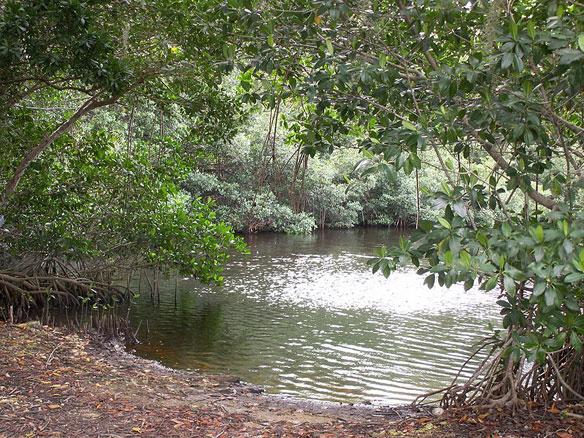
Fifteen years of studying two experimental wetlands has convinced a researcher that turning the reins over to Mother Nature makes the most sense when it comes to this area of ecological restoration.
Detecting Detrimental Change in Coral Reefs
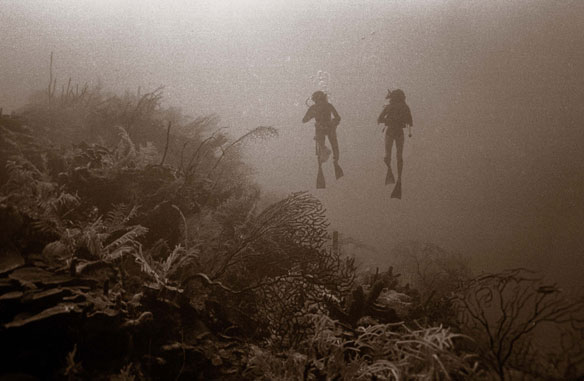
Over dinner on R.V. Calypso while anchored on the lee side of Glover’s Reef in Belize, Jacques Cousteau told Phil Dustan that he suspected humans were having a negative impact on coral reefs. Dustan, a young ocean ecologist who had worked in the lush coral reefs of the Caribbean and Sinai Peninsula, found this difficult to believe. It was December 1974… and Cousteau was right.
